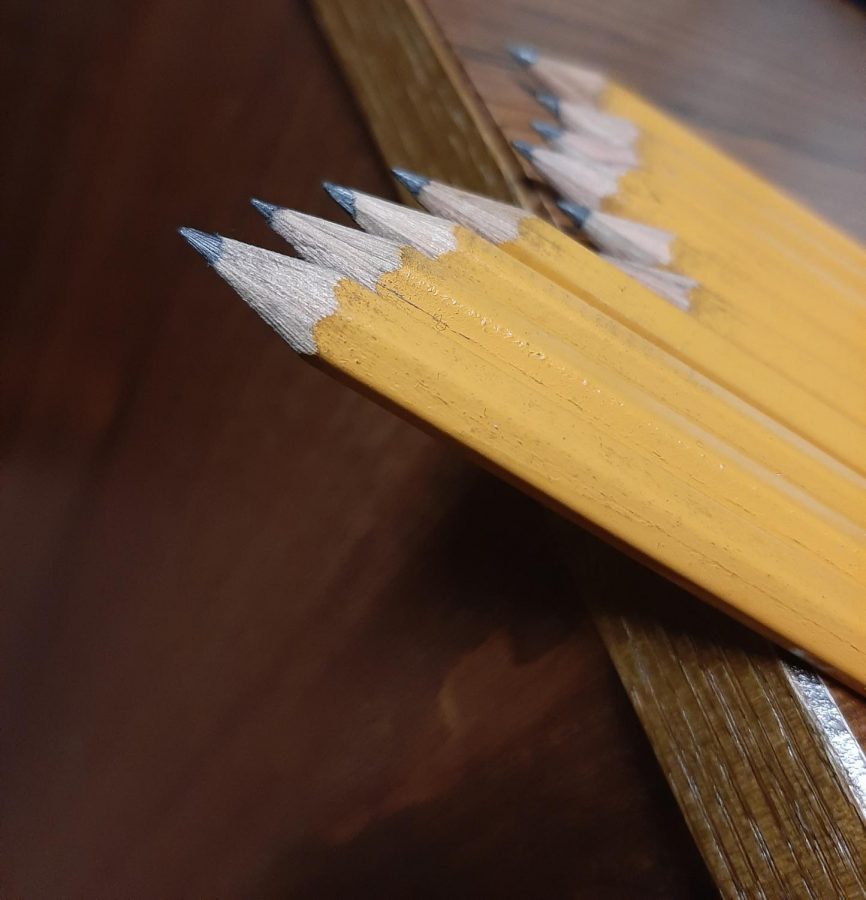Should West Virginia Charter schools be allowed to operate?
On Feb. 16, 2021, bill HB-2012 passed the House of Delegates (66-32) and will move on to the senate making charter schools in W. Va. a possibility. This bill would initiate the making of ten new charter schools per year. Online-schooling would be included. Gov. Justice would appoint a new board and the County Board of Education would be removed, meaning board leaders would be parents and community leaders. Charter Schools can be started by any group, and most commonly led by former teachers. Charter schools may not be for everyone, but I fully support future involvement.
Charter schools are controversial for a reason, which is why all of my descriptions of charter schools are general because not every charter school is the same. When trying to get into one of these schools, it is important to know what you are getting into. One charter school may be excellent for your child, while others may disappoint.
To put the diversity of these schools in a better light, the National Alliance for Public Charter School FAQ website says, “some may focus on college prep, some follow a Montessori curriculum, and others integrate the arts into each subject… some charter schools require uniforms, others have longer school days, and some teach their entire curriculum in two languages. The possibilities are endless, but charter schools aim to provide a range of options so that parents can choose the school that best fits their child.”
After asking a couple of teachers in my hometown for interviews on the matter, it has come to my attention that charter schools need to be explained further. Charter schools are free public schools that let students have a different way of learning. They reach a certain type of student by picking a specific teaching method. This is a type of school that can try new things, unlike public school’s one-size-fits-all education.
Charter schools are mostly nonprofit. According to the National Alliance for Public Charter School, only 12% are for-profit. So, more fundraising may be initiated, depending on where you go.
Charter schools are smaller, leading to smaller classrooms. Especially during a pandemic, a smaller class size is the way to go. There aren’t any administration requirements but after they exceed the student limit a random lottery will take place or students will be taken in by preference. Preferences are determined by location or students’ specific needs. Parental involvement is required by some, causing a decrease in disciplinary problems. This may cause the need for transportation depending if your child or children can or want to get into the closest charter school.
I used to think charters were a bad idea because I thought that they employed uneducated “teachers”; however, I was victim to false information. Charter schools are required to hire qualified teachers.
I’ve been trying to find more cons for this subject, but honestly, there isn’t much to say. After about ten years of seeing where charter schools will take us, charters have been a success for many students whose minds don’t align with the one-for-all take on education. For more information on charter schools, go to publiccharters.org.

Haley Blakemore is a Senior in English Literature with a minor in Journalism from Reeader, WV. Blakemore has been on staff for the Trumpet since 2019....







